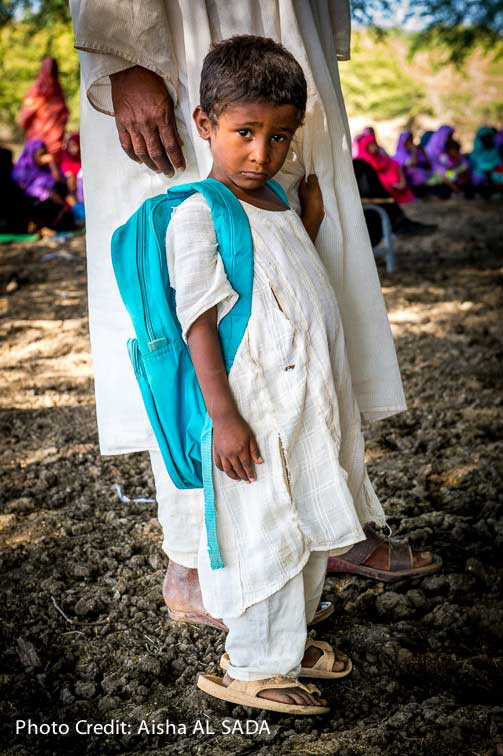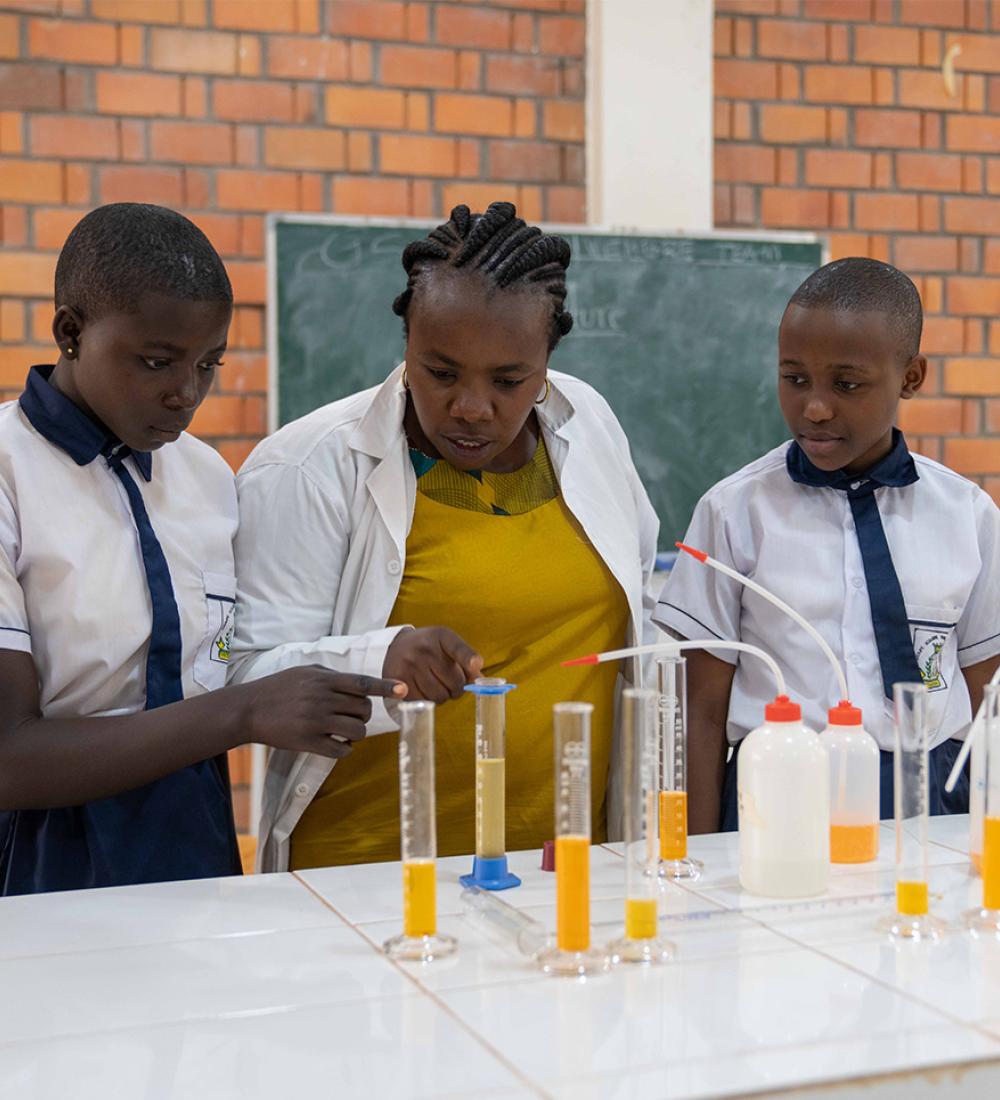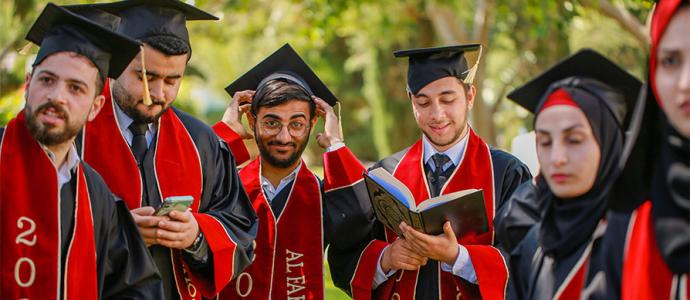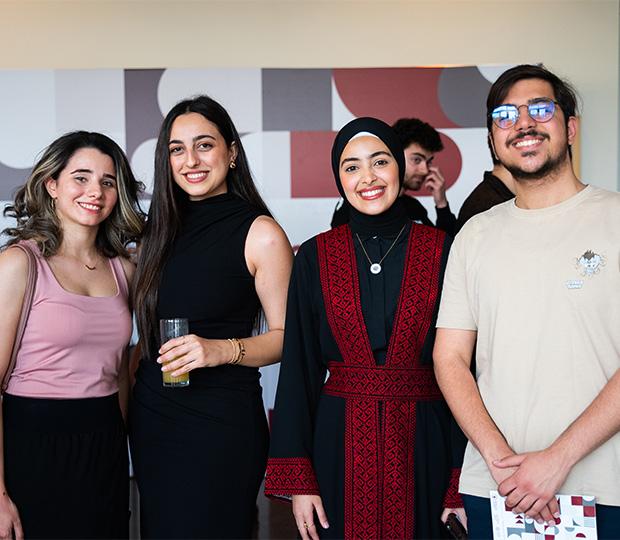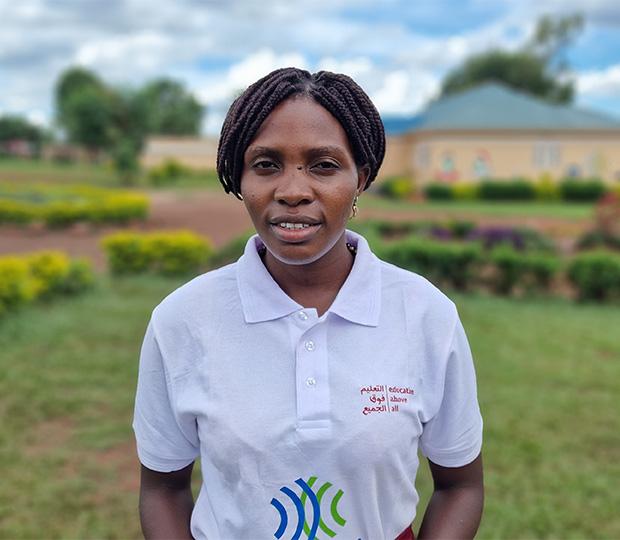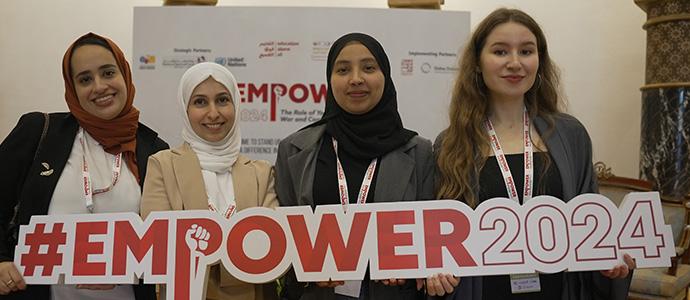Invest in Sudan’s future generations
In Sudan, approximately 1,800,000 children are still out of school, for various reasons depending on the context that they live in. In eastern Sudan, where nomadic lifestyles predominate, school enrolment has its particular challenges.
The nomads of Sudan have age-long traditions of shifting their families and livestock from place to place, and the transient nature of this way of life makes it difficult for nomadic children to stay long enough in one place to be enrolled in school. For the parents of nomadic children, the benefits and importance of formal education may even seem irrelevant.
To address this situation, and with the aim of enrolling 600,000 children presently out of school into basic education, the United Nations Children’s Fund (UNICEF), Educate A Child and the Sudanese Ministry of Education have partnered for the next three years to raise awareness about the value of education in 12 out of 18 states in Sudan, including the nomadic communities in the east of the country. The Educate A Child programme was launched by Her Highness Sheikha Moza Bint Nasser in 2012. Housed under the Education Above All Foundation, the EAC programme aims to provide out-of-school children with an opportunity to access and achieve a quality primary education.
So far, results of the partnership efforts in Sudan are promising. In 2014, more than 130,000 students from nomadic communities were enrolled in basic education; and half of them are girls. Raising awareness is an important first step, but the way schools are run also makes an important difference in keeping children in school.
In eastern Sudan, parents are becoming increasingly engaged in their children’s education. Parentteacher associations (PTAs) have played a major role in resolving problems and barriers that used to keep children out of school. PTAs have been vocal in advocating the importance of education; girls’ education in particular.
In eastern Sudan, it is a serious concern that many girls drop out of school at an early age to get married. Ms. Salha Baraj is a member of the PTA in Um Ushoush school. As a woman, Ms. Baraj is very aware of the cultural norms that may hinder girls’ education in the region. She is actively engaged in discussions about the future of children’s education in her village and focuses on issues that make girls more confident around school.
For example, water and sanitation facilities are critical in providing dignity for female students. The PTA members in Um Ushoush School have worked hard with UNICEF and the Ministry of Education to increase the number of classes, train more teachers from remote areas, provide private bathrooms for girls and decent accommodation for female teachers.
Thanks to PTA members such as Ms. Baraj, the prospect of educating children from nomadic communities in eastern Sudan is becoming brighter every day. Sudan needs more people like her, as well as continued support from partners to sustain investment in the education of all children in Sudan; the nation’s future.
